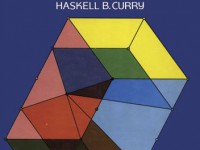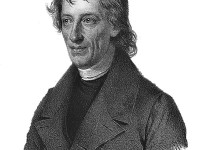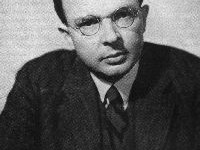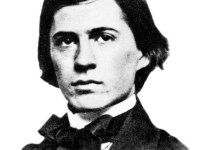Haskell Brooks Curry and Computational Logic
On September 12, 1900, American mathematician and logician Haskell Brooks Curry was born. Curry’s research in the foundations of mathematics led him to the development of combinatory logic. Later, this seminal work found significant application in computer science, especially in the design of programming languages. Curry is also known for Curry’s paradox and the Curry–Howard correspondence. There are three programming languages named after him, Haskell, Brook and Curry, as well as the concept of…
Read more






